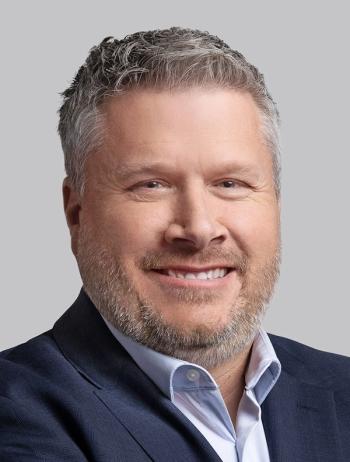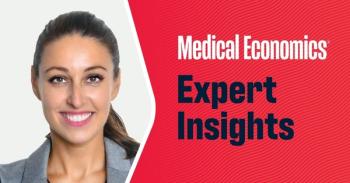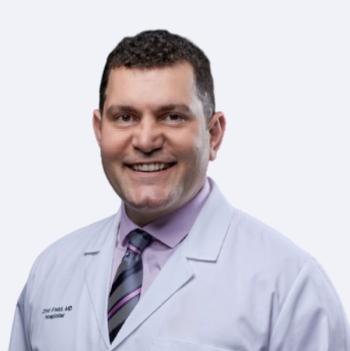
Penalizing doctors for pharma ties is a misguided overreach of power
Sometimes when trying to fix one problem, you end up creating many, many more.
Sometimes when trying to fix one problem, you end up creating many, many more.
Such is the case in one state that could set a dangerous precedent for the rest of the country. As of January 16, prescribing physicians in New Jersey can accept no more than $10,000 annually from pharmaceutical companies and can accept a meal valued only at $15 or less. It is the boldest attempt by state legislators to crack down on the relationships between physicians and the pharmaceutical industry to avoid what is perceived as improper prescribing practices in return for payment or other perks.
[The regulation also bans gifts of pens, note pads, clipboards, mugs and other items with a pharma company logo that haven’t been distributed for more than a decade, but that’s not the most misguided part of this issue.]
The action makes the Garden State the first in the nation to strictly handcuff physician income and penalize doctors-but not pharma-for what it feels are inappropriate ties. Violation of the rule is also reported to the state’s licensure boards, which can impose disciplinary action or possibly a fine. It’s a dangerous precedent to set for other state legislatures.
But here’s where New Jersey’s intent gets as congested as its highways. When announced late last year, then-Governor Chris Christie and former Attorney General Christopher Porrino said the goal of the rule was to address the state’s opioid crisis. In a press conference announcing the rule, Porrino said it prohibits doctors from forming “unsavory financial relationships” with opioid manufacturers.
Porrino would later shift on that stance, noting that the rule applies to “all prescription medications” to ensure the “unbiased, best judgement of the treating prescriber.”
The bottom line is that the law is simply regulatory nonsense that painted former state officials as tough on opioids and heroes for cracking down on pill mills and corrupt doctors as the answer to a growing epidemic. Instead, Christie and Porrino have created an atmosphere that not only hurts physician compensation for assisting pharma in new scientific endeavors and shuns pharma interactions at the threat of medical board punishment, but also harms patients.
Fear of racking up a $15.01 tab for a meal means no more “lunch and learns” on new prescriptions and likely a reduction in samples for patients who cannot afford medications or simply want to test out its effectiveness before arm wrestling with their insurance company for coverage of a 30-day supply.
I support any and all endeavors aimed at curbing the nation’s opioid crisis, but what New Jersey has created is a huge chasm between doctors and pharma. That was intentional, but what they neglected to consider was how many patients would suffer as a result.
Keith L. Martin is editorial director of Medical Economics. Should states threaten physicians with licensure penalties for their connections with pharma? Tell us at [email protected].
Newsletter
Stay informed and empowered with Medical Economics enewsletter, delivering expert insights, financial strategies, practice management tips and technology trends — tailored for today’s physicians.






